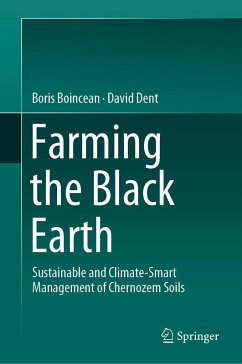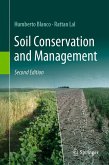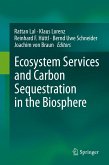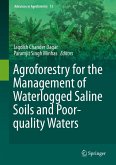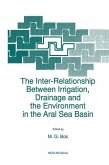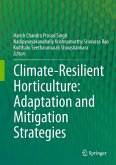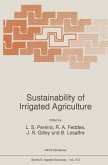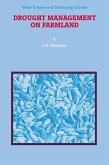This book deals with the sustainability of agriculture on the Black Earth by drawing on data from long-term field experiments. It emphasises the opportunities for greater food and water security at local and regional levels.
The Black Earth, Chernozem in Russian, is the best arable soil in the world and the breadbasket of Europe and North America. It was the focus of scientific study at the very beginnings of soil science in the late 19th century-as a world in itself, created by the roots of the steppe grasses building a water-stable granular structure that holds plentiful water, allows rapid infiltration of rain and snow melt, and free drainage of any surplus.
Under the onslaught of industrial farming, Chernozem have undergone profound but largely unnoticed changes with far-reaching consequences-to the point that agriculture on Chernozem is no longer sustainable. The effects of agricultural practices on global warming, the diversion of rainfall away from replenishment of water resources to destructive runoff, and the pollution of streams and groundwater are all pressing issues. Sustainability absolutely requires that these consequences be arrested.
The Black Earth, Chernozem in Russian, is the best arable soil in the world and the breadbasket of Europe and North America. It was the focus of scientific study at the very beginnings of soil science in the late 19th century-as a world in itself, created by the roots of the steppe grasses building a water-stable granular structure that holds plentiful water, allows rapid infiltration of rain and snow melt, and free drainage of any surplus.
Under the onslaught of industrial farming, Chernozem have undergone profound but largely unnoticed changes with far-reaching consequences-to the point that agriculture on Chernozem is no longer sustainable. The effects of agricultural practices on global warming, the diversion of rainfall away from replenishment of water resources to destructive runoff, and the pollution of streams and groundwater are all pressing issues. Sustainability absolutely requires that these consequences be arrested.
Dieser Download kann aus rechtlichen Gründen nur mit Rechnungsadresse in A, B, BG, CY, CZ, D, DK, EW, E, FIN, F, GR, HR, H, IRL, I, LT, L, LR, M, NL, PL, P, R, S, SLO, SK ausgeliefert werden.
Es gelten unsere Allgemeinen Geschäftsbedingungen: www.buecher.de/agb
Impressum
www.buecher.de ist ein Shop der
buecher.de GmbH & Co. KG
Bürgermeister-Wegele-Str. 12,
86167 Augsburg
Amtsgericht Augsburg HRA 13309
Persönlich haftender Gesellschafter: buecher.de Verwaltungs GmbH
Amtsgericht Augsburg HRB 16890
Vertretungsberechtigte:
Günter Hilger, Geschäftsführer
Christian Sailer, Geschäftsführer
Sitz der Gesellschaft:Augsburg
Ust-IdNr. DE 204210010

